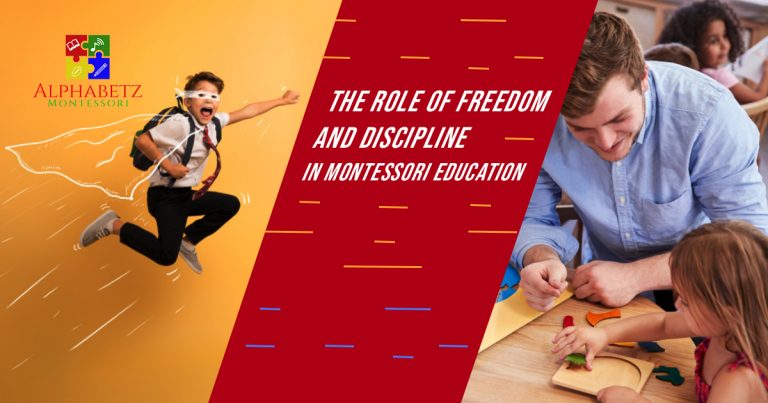The Role of Freedom and Discipline in Montessori Education
At Alphabetz Montessori, San Antonio, TX, we embrace the Montessori method, which emphasizes the importance of freedom and discipline in a child's educational journey. In this blog post, we will explore how the balance between freedom and discipline creates a nurturing environment for children to thrive and develop essential life skills. The Montessori Philosophy: The Montessori philosophy believes that children have an innate drive to learn and explore their environment. They are natural seekers of…

